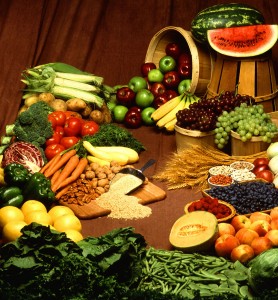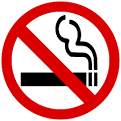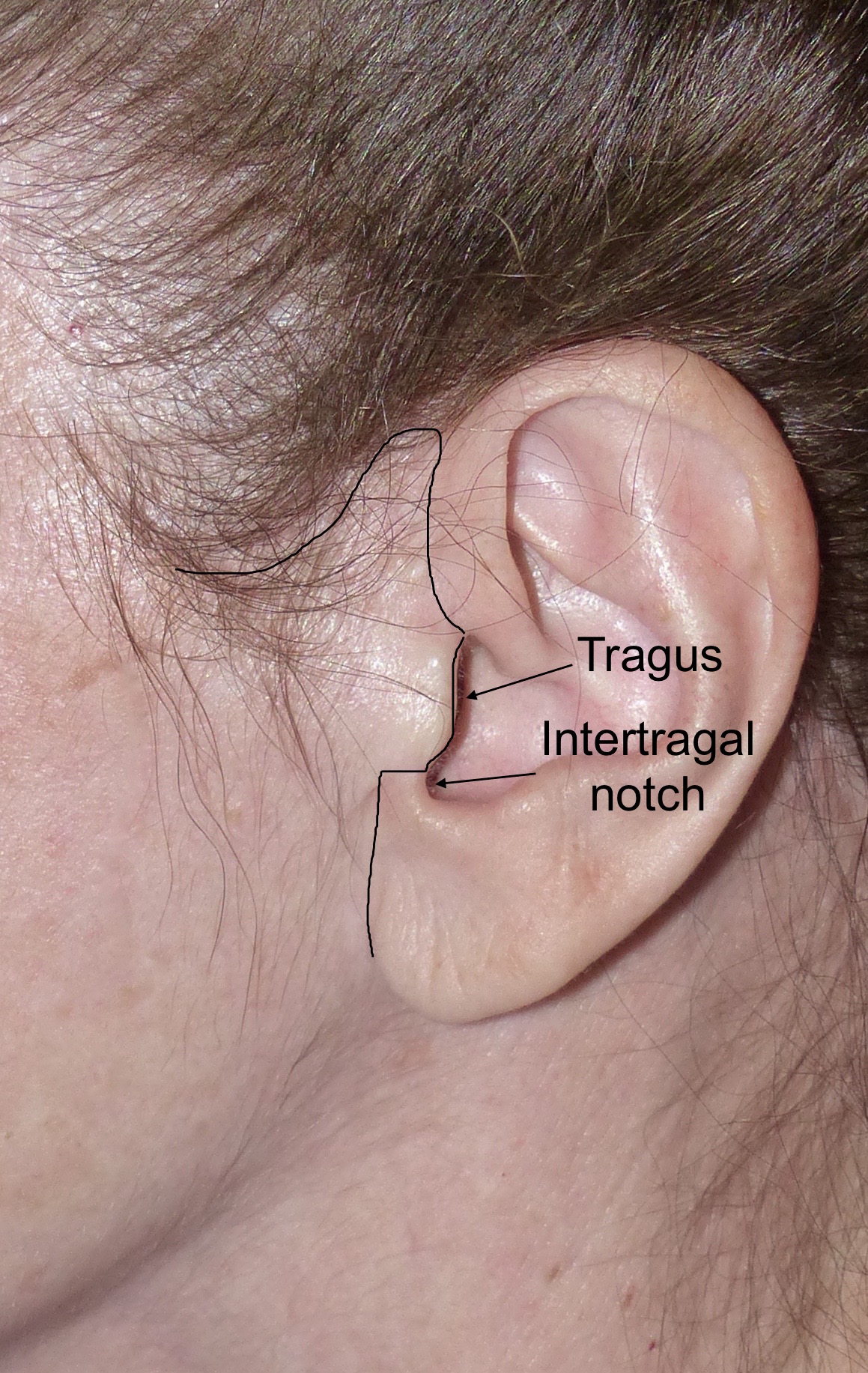In addition to an exercise program, a healthy diet following a tummy tuck is an essential component of a strategy designed to enhance and maintain the results that have been achieved surgically. When balance is achieved in your food choices and caloric intake, a desirable stability in your weight will be a readily attainable goal.
Portion control is key as smaller portions will allow you to consume a greater variety of foods. This makes it more likely that you will feel satisfied at the end of a meal. Feeling satisfied is one way to ensure that you eat only as much as your body needs and reduces the risk of overeating and the inevitable weight gain that goes with it. Weight regulation is also improved when late night eating is avoided.
A few healthy diet tips:
Carbohydrates
The importance of eating the “right” carbs is in the manner in which they are digested. Carbs that are part of a healthy diet are digested at a slow rate and, as a result, will make you feel full for an extended period of time while keeping blood sugar levels stable. These include whole grains, beans, fruits, and vegetables.
Unhealthy carbs are lacking in nutrients, bran, and fiber. As a result, they are quickly digested, cause an elevated blood sugar level, and lead to weight gain. White flour, refined sugar, and white rice are examples of carbs to avoid.
Fats
The high calorie content of dietary fat can lead to rapid weight gain when an excessive amount of fat is part of your daily intake. However, there are good fats and bad fats because of the role they play in the body. The good fats such as the polyunsaturated fats present in salmon, sunflower oil, flaxseed oil, soybeans, and corn contain omega-3 fatty acids that help to improve blood cholesterol levels and may decrease the risk of coronary artery disease. Monounsaturated fats found in olive oil, peanut oil, avocados, almonds, and pumpkin seeds are healthy fats that support functions such as blood sugar control and should be part of your diet.
Saturated fats contribute to cardiovascular disease and type 2 diabetes and should be reduced. This includes whole milk dairy products and red meat. Trans fats present in many snack foods and processed foods should be avoided.
Vegetables
Vegetables are low in fat, calories, and carbohydrates but rich in nutrients. Vitamins, minerals, antioxidants, and fiber are abundantly present and will naturally diminish the desire to eat more than your daily nutritional requirements.
Tags: Abdominoplasty, diet, healthy eating habits, Nutrition, Tummy tuck
Written by Dr. Forley on March 31, 2015





